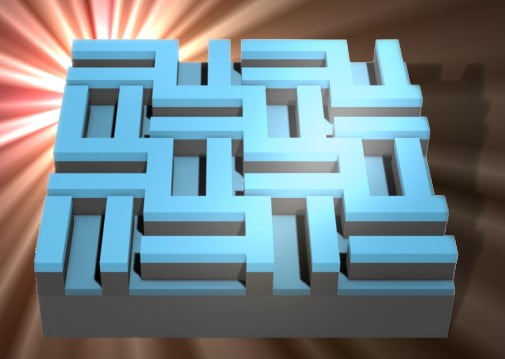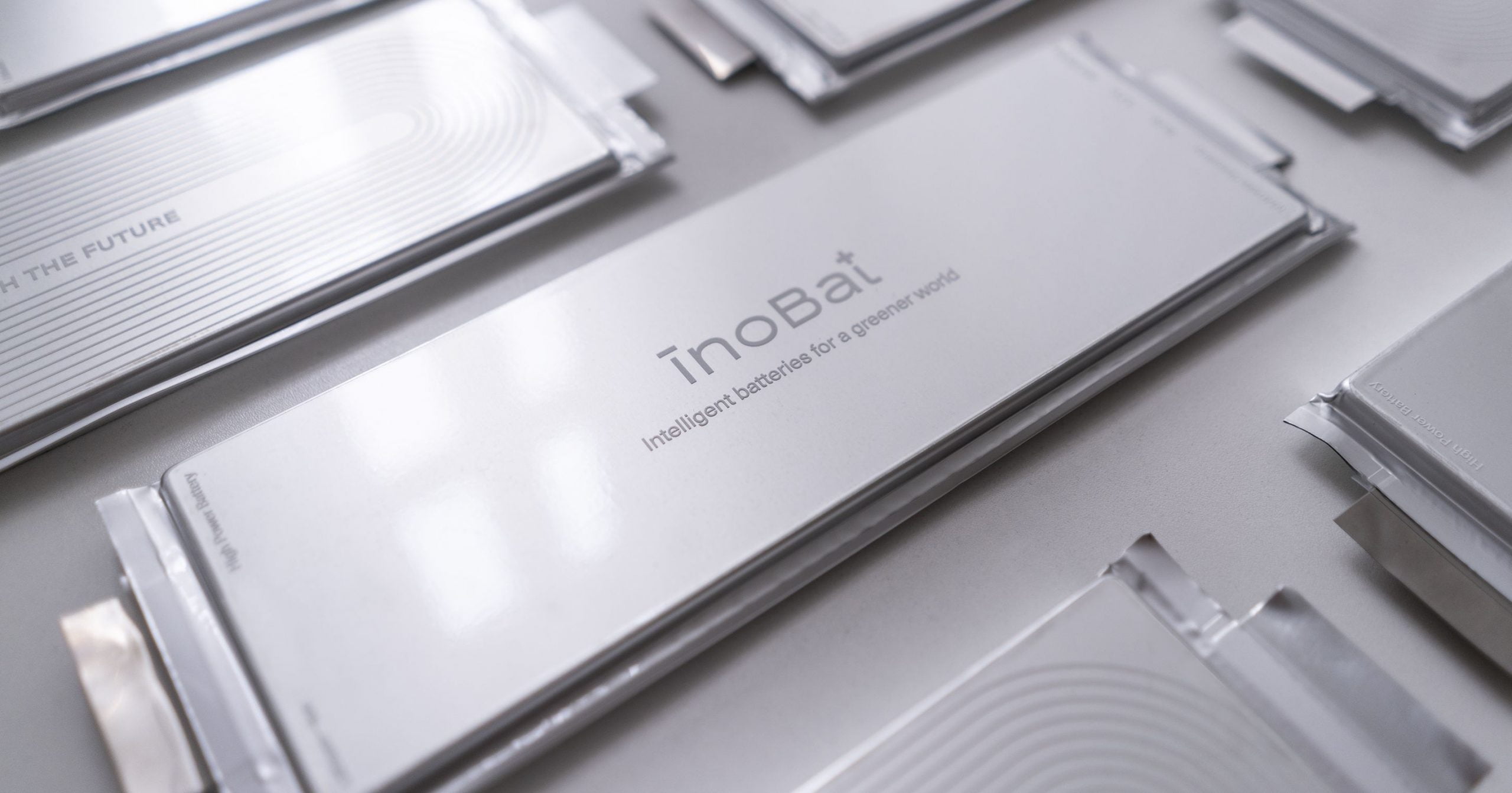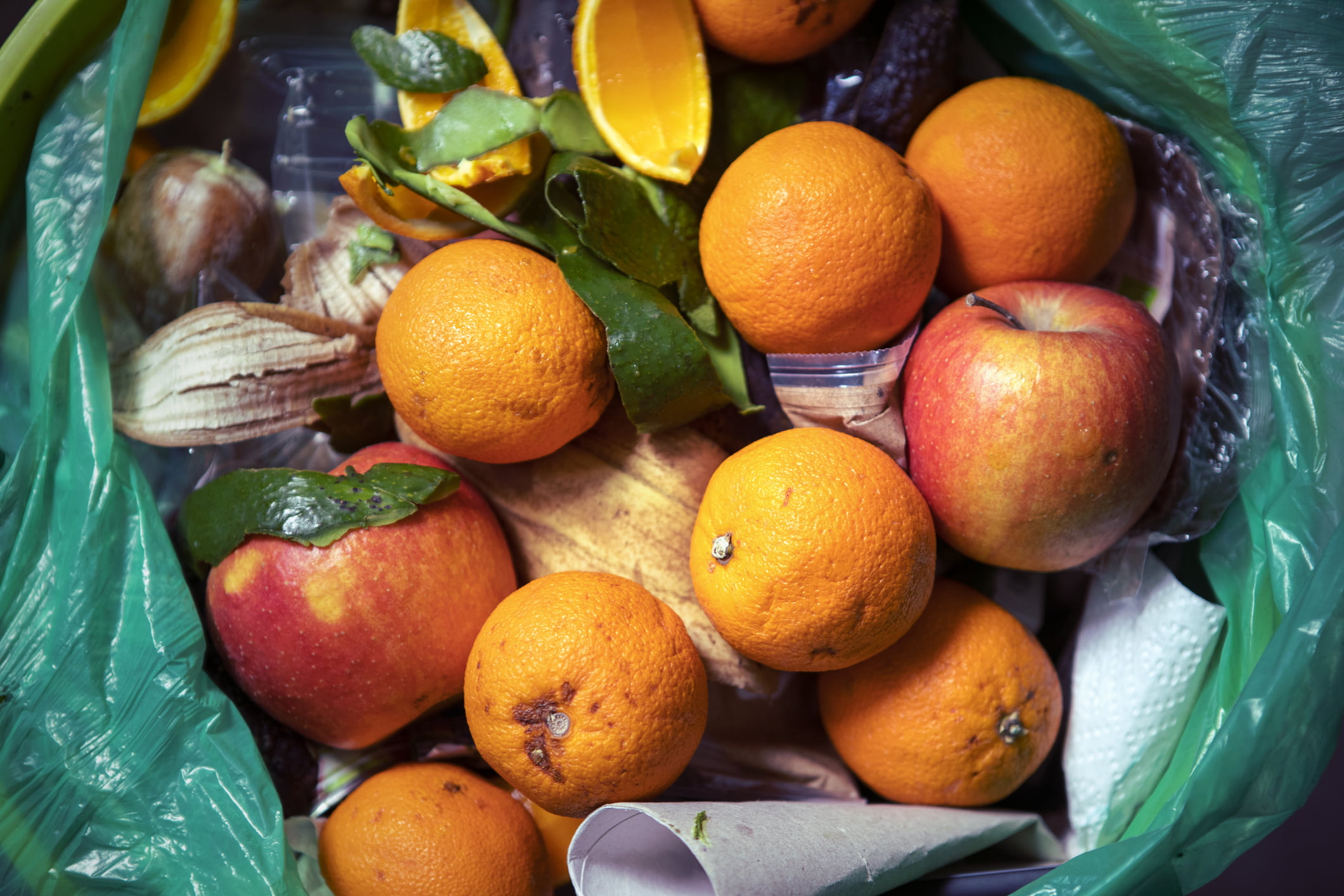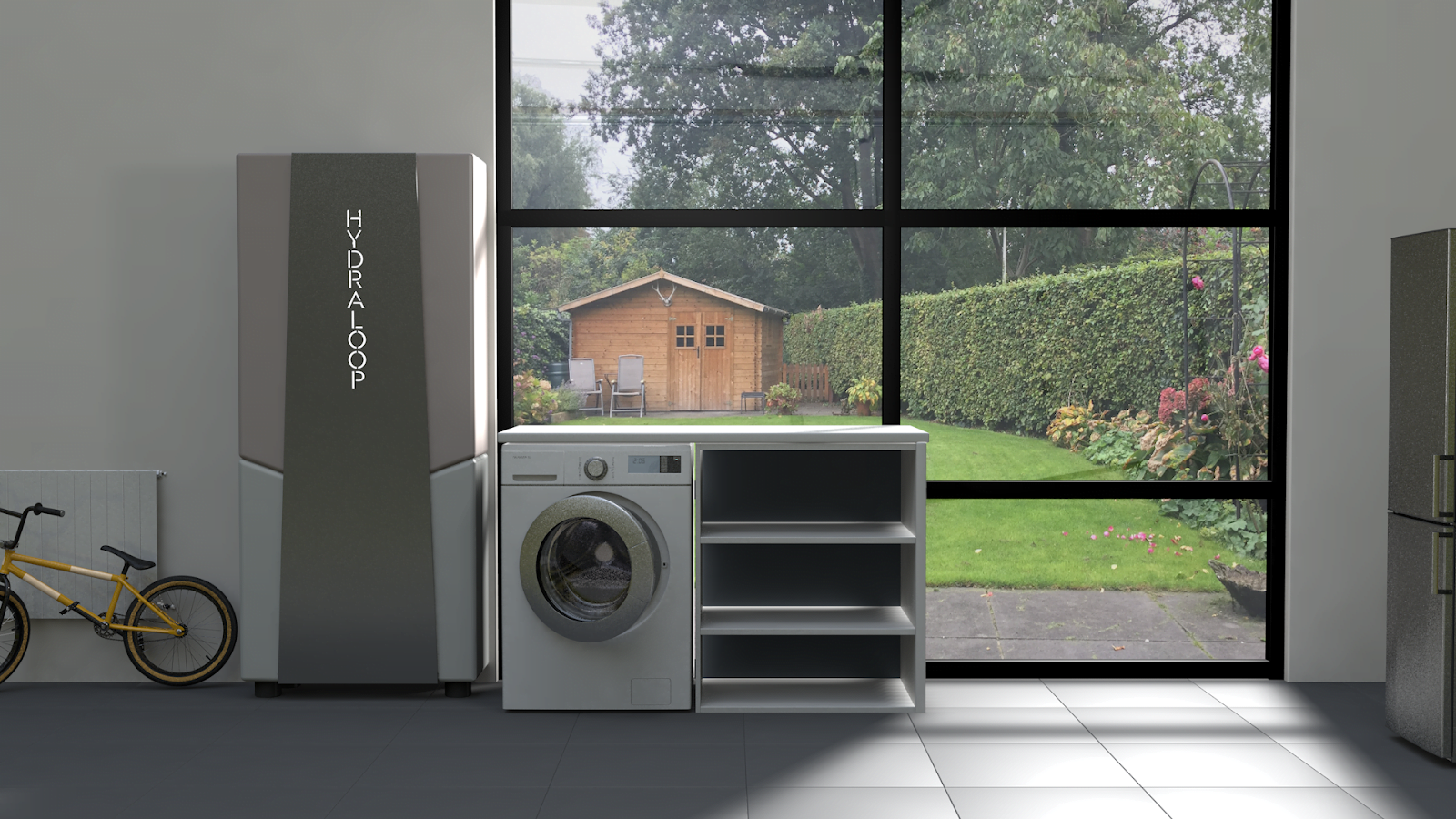Scientists at the University of York have come up with a new solar panel design that increases their ability to absorb light by 125%.
A study found that designing solar panels in checkerboard lines could lead to the production of thinner, lighter and more flexible solar panels, which could be used to power more homes.
The checkerboard design improved diffraction, increasing the chance of light being absorbed from the sun, which can then be used to generate electricity. The new design could be used to boost light absorption of solar cells in lightweight materials, such as roof tiles, boat sails and camping equipment.
Dr Christian Schuster, University of York’s Department of Physics, said: “In principle, we would deploy ten times more solar power with the same amount of absorber material: ten times thinner solar cells could enable a rapid expansion of photovoltaics, increase solar electricity production, and greatly reduce our carbon footprint.”



